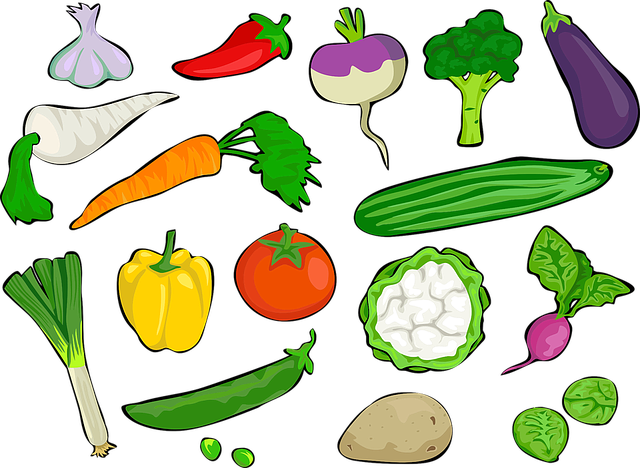Sustainable Agriculture’s Environmental Benefits
Neither ancient civilizations nor the present day could have existed without agriculture. Early societies were able to diversify their social structures and devote resources to a variety of jobs because of the food they grew.

Water Conservation in Agriculture
The requirement for irrigation has been dramatically diminished by the adoption of modern farming practices such as strip or no-till, dry farming, and the use of cover crops. In organic agriculture, cover crops like rye increase water retention by 50% and decrease surface runoff by 35%, according to the literature. Soil with a higher water content requires less irrigation during dry times to keep crops alive, which saves a lot of water over time.
Ecology is Protected by Agriculture
Ecosystems benefit from agriculture’s ability to protect them. Large areas of Romania’s ever-dwindling permanent grasslands serve as an excellent illustration of this trend. Many local wildlife and plant species depend on grasslands for survival. In other parts of Europe, such places have been nearly entirely eradicated by industrialization and agriculture.
In a World with Finite Resources, Agriculture is Essential
Small-scale urban agriculture can potentially decrease the global environmental impact of our current food systems by increasing their degree of localization. Environmentally friendly benefits include less need for transportation and less energy expended on food production.

